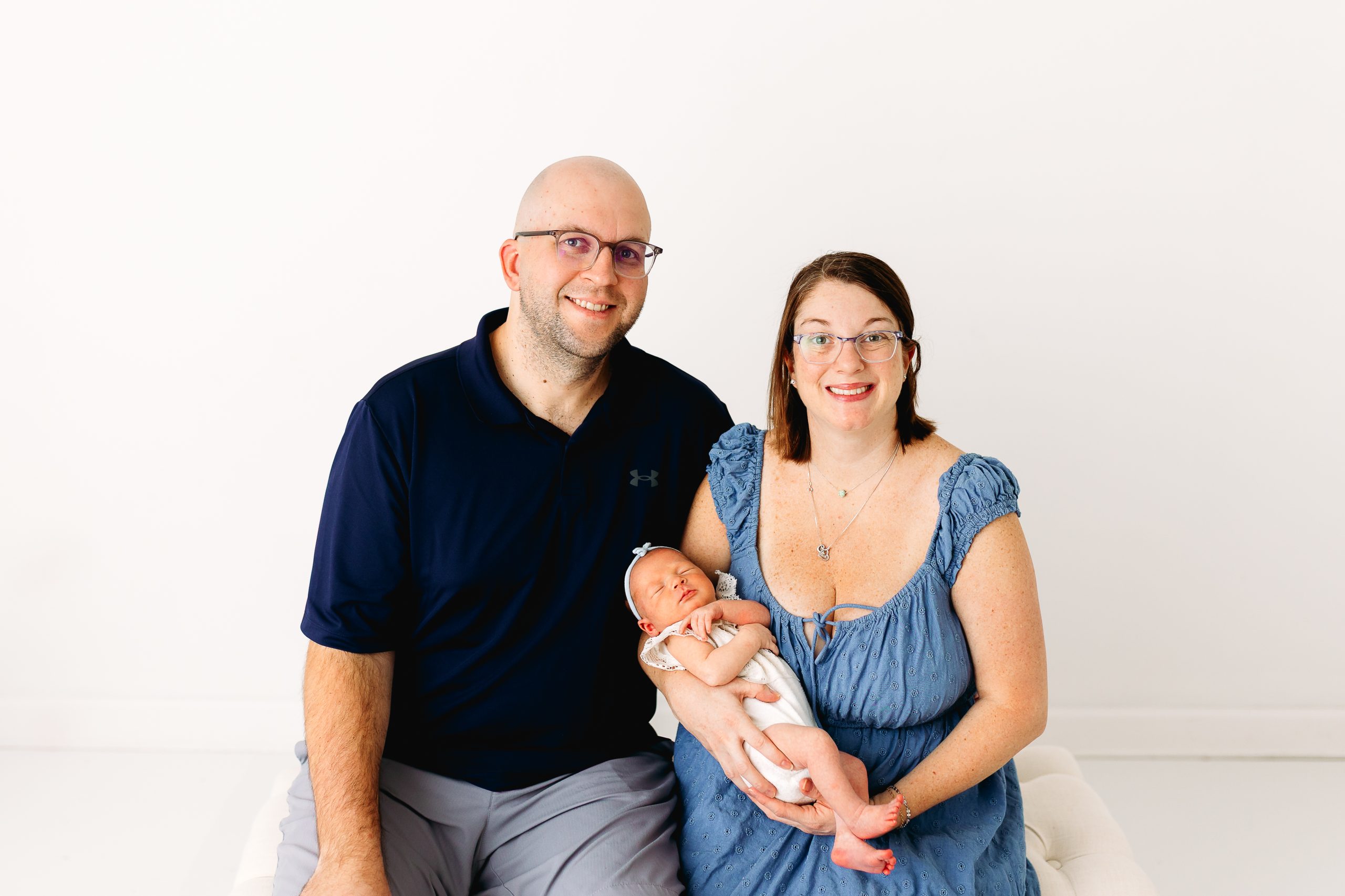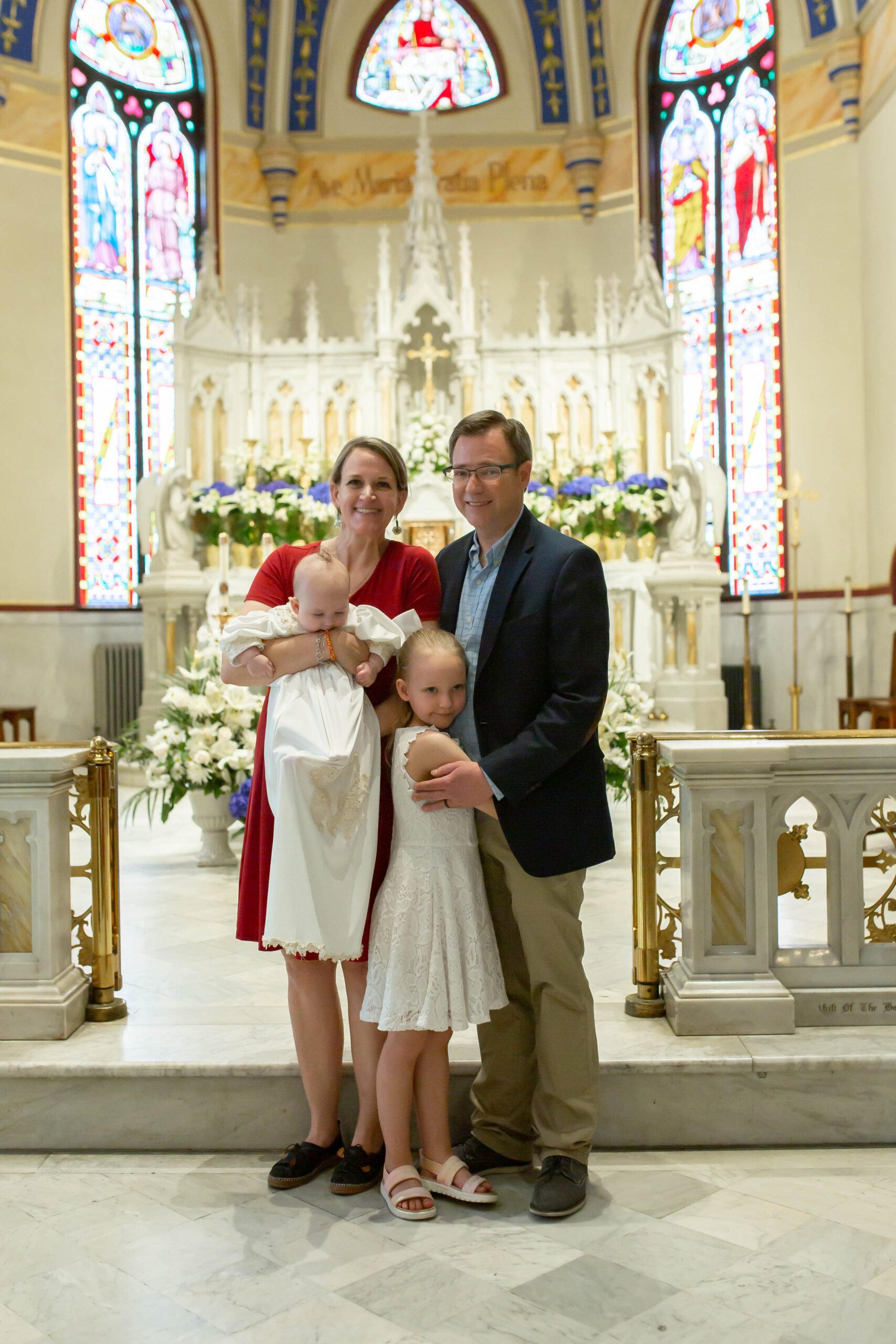Advanced maternal age
Advanced age plays an important role in a woman’s ability to become pregnant and carry a pregnancy to term. From ages 30 to 35, there is a gradual decline in a woman’s ability to become pregnant; after age 40, there is a sharp decline in conception.
The chance of miscarriage and chromosomal abnormalities also increases with age.
Indicators of advanced maternal age
Causes
Diagnostic testing for advanced maternal age
If you are over the age of 40, it is extremely important to talk with your doctor as soon as possible about the options that are available to you. Unlike younger women who may have more time, so to speak, women over 40 may need a more aggressive and faster approach. Thus, your physician may recommend certain tests and procedures and schedule them over a shorter time than he or she does with someone whose age is not as much of a factor.
Your evaluation is likely to begin with your medical history and a pelvic exam. However, you may need other tests to determine whether your age is affecting your fertility, such as one or more of the following:
Treatment for advanced maternal age
As you approach 40, the quality and number of your eggs tend to decline, ovulation may become irregular, and your ovaries may produce less estrogen and progesterone. Your body needs progesterone to stabilize the lining of your uterus so that a fertilized egg can implant. Your doctor may recommend medication, an assisted reproductive technology (ART) procedure, or a combination of the two in order to help you conceive.
Another option for older patients is the use of eggs donated by someone who is in their 20s or 30s. The eggs are then mixed with sperm and transferred to your uterus or Fallopian tubes. Younger eggs are more likely to result in pregnancy and less likely to end in miscarriage.
Learn more about advanced maternal age
Patient Story
Kelly & Justin
Patient Story
Lindsay & Leke
Patient Story
Lauren & Josh
Patient Story
Lauren & Greg
Success stories from patients with advanced age
Patient Story
Kelly & Justin
Patient Story
Lindsay & Leke
Patient Story
Lauren & Josh
Patient Story




